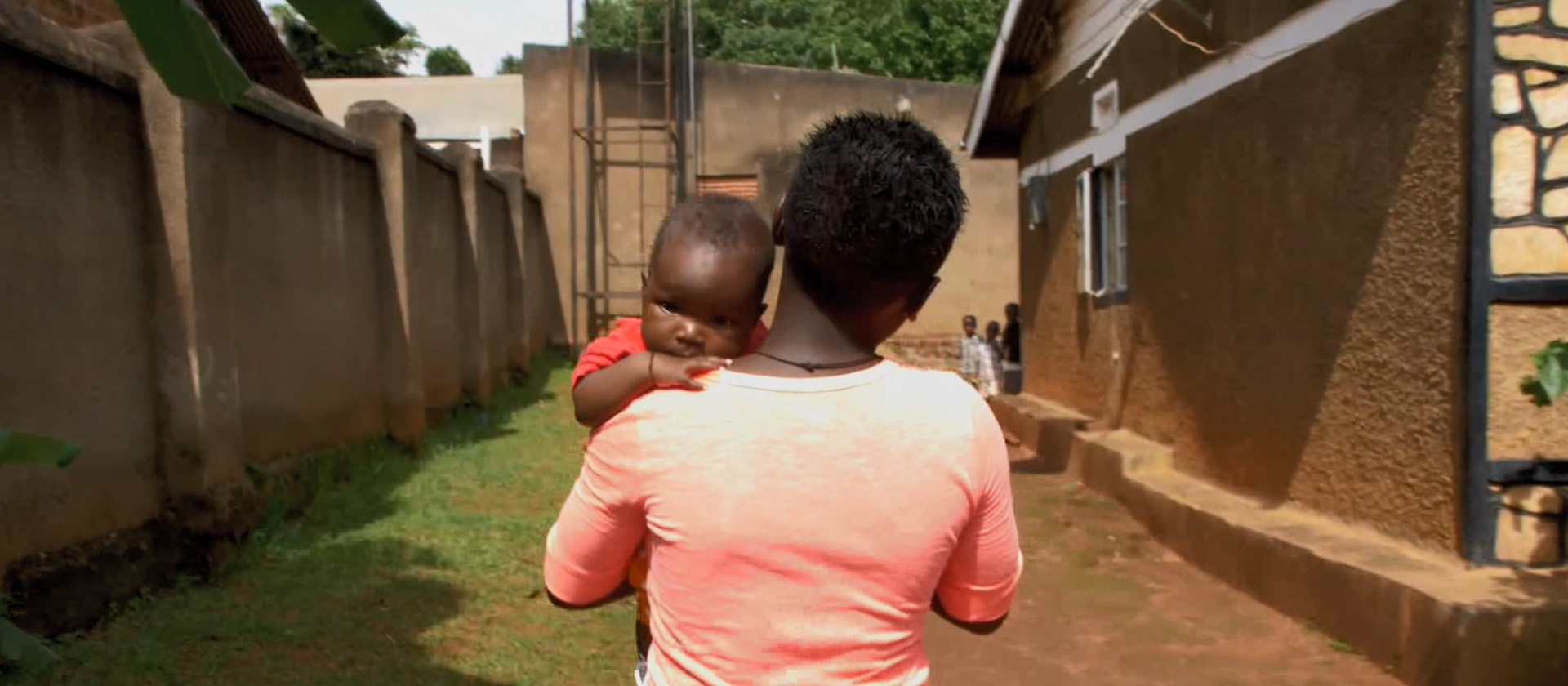Despite global prevention initiatives, vertical transmission remains a major route of HIV infection.
“Vertical transmission of HIV is entirely preventable and we have a duty to ensure HIV is not handed down across generations”
says Professor Saye Khoo, Chief Investigator.
In sub-Saharan Africa, over one in five HIV-infected pregnant women are diagnosed in late pregnancy each year, and represent the group most likely to transmit HIV to their infants due to delayed initiation of combination antiretroviral therapy (cART).
Watch Professor Saye Khoo present the ethical issues related to including HIV positive pregnant women in clinical research.
The risk of vertical transmission is directly related to the maternal HIV viral load. HIV drugs which result in very fast rates of viral load decline may be more effective at preventing the transmission of HIV to the child, and make the global goal of elimination of vertical transmission more likely to be achieved. Dolutegravir is a new agent which results in significantly faster viral load declines than Efavirenz (EFV)-based therapy, which is the current first line treatment in sub-Saharan Africa.
The DolPHIN 2 programme comprises clinical research, a qualitative study and a pharmacoeconomic study to evaluate the value of DTG.
Clinical trial
250 pregnant mothers initiating cART in the third trimester of pregnancy are taking part in the DolPHIN 2 clinical trial. The trial is assessing whether the DTG drug is superior to the current first line drug EFV in babies being delivered with undetectable HIV viral load, which is the only validated proxy for reducing the risk of vertical transmission of HIV.
The trial is designed to yield high-quality evidence on the efficacy and safety of DTG to allow definitive recommendations, and operational guidance to be established for use of DTG to reduce transmission in this high-risk scenario.
The Global Health Trials Unit based within Liverpool School of Tropical Medicine is responsible for the management of the clinical trial and a lead partner for the qualitative studies.
This trial has found that 74% of women who received the regimen containing DTG in their third trimester had undetectable viral load when they gave birth. Only 43 percent of the women who received the older efavirenz-based combinations reached that benchmark.
Qualitative study
The qualitative study is seeking to understand the reasons why some women who are HIV+ attend maternity services only in the third trimester of pregnancy, and also to understand how best these women can be supported to engage more effectively with their HIV treatment throughout the pregnancy.
It also examines the policy, implementation and acceptability aspects of the introduction of DTG as a first-line HIV treatment in Uganda and South Africa.
In-depth interviews and focus group discussions have been conducted with a range of stakeholders in HIV treatment, including pregnant women and recent mothers who are living with HIV/AIDS and their partners, health workers, HIV policy makers, and patient advocacy organisations. The data is currently being analysed, and evidence from the study will be used to make recommendations that will contribute to improving services and DTG-based treatment in the study countries and beyond.
The qualitative study is led by Professor Miriam Tagetmeyer’s Community Health Systems Research Group.
Dr Catriona Waitt discusses antiretrovirals in breastfeeding mothers and their infants, an important area of research in the DolPHIN 2 study.
Pharmacoeconomic study
Health economic analysis led by the Infectious Diseases Institute in Uganda is examining costs, and cost-effectiveness of dolutegravir, using published cost-effectiveness models established for WHO prevention programmes, to inform facilitating the incorporation of DTG into treatment guidelines post-trial. The main aim of this output is to assess the pharmacoeconomic outcome of prevention of vertical transmission of HIV with use of the DTG drug.
Collaboration at heart of programme
Collaboration with the community is at the heart of DolPHIN 2. Research participants are active members of the trial and the qualitative studies, and the research continually incorporates and is shaped by community feedback.
Zaina, one of the DolPHIN 2 study participants, discusses why she decided to take part in the DolPHIN 2 trial, and shares her experience of the study
DolPHIN 2 is delivered by a consortium of researchers and partners in Europe and sub-Saharan Africa, including the Liverpool School of Tropical Medicine, Infectious Diseases Institute, University of Cape Town and Radboud University Medical Centre.
The programme is funded by Unitaid.
Back to: Research
